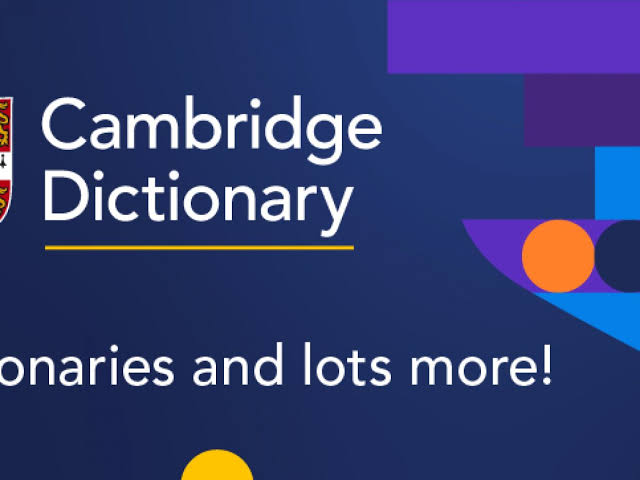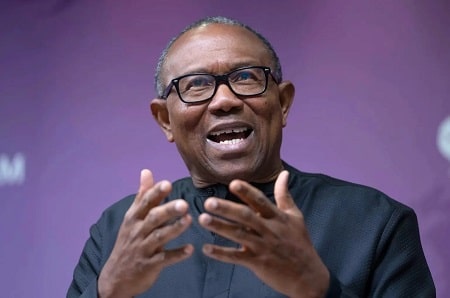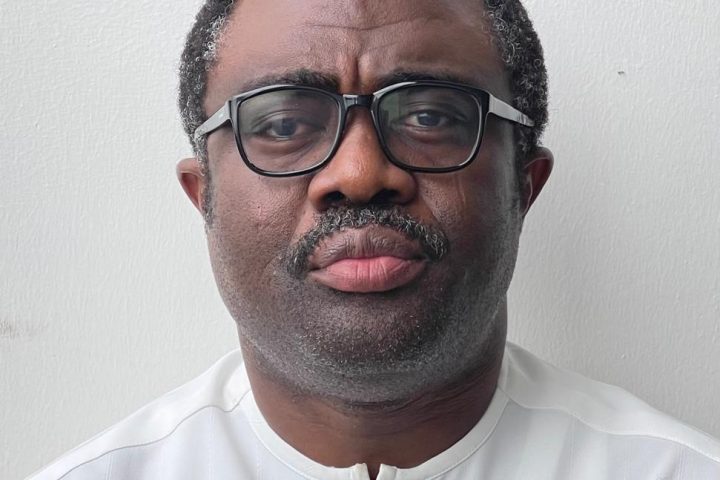The Cambridge Dictionary recently updated its definitions for “woman” and “man” to include transgender people, becoming the latest dictionary to formally expand what it means to be a woman.
A Cambridge Dictionary spokeswoman told The Washington Post on Tuesday that its editors “made this addition to the entry for ‘woman’ in October,” but the change only gained attention this week after Britain’s Telegraph newspaper first reported the news.
Join our WhatsApp Channel“They carefully studied usage patterns of the word woman and concluded that this definition is one that learners of English should be aware of to support their understanding of how the language is used,” Sophie White, a spokeswoman with Cambridge University Press and Assessment, said of the editors’ decision.
In the Cambridge entry for “woman,” the longtime definition for the word — “An adult female human being” — is still there and “remains unchanged,” White said. But an additional definition of the word appears below.
“An adult who lives and identifies as female though they may have been said to have a different sex at birth,” it reads.
Included in the definition are two examples referencing transgender people. One example reads, “She was the first trans woman elected to a national office.” Another example using the updated definition reads, “Mary is a woman who was assigned male at birth.”
Additional updates were also made to the entry for “man.” The two examples listed for the supplemental definition for “man” include “Mark is a trans man (= a man who was said to be female when they were born)” and “Their doctor encouraged them to live as a man for a while before undergoing surgical transition.”
News surrounding the dictionary’s updated definition comes ahead of a milestone in the decades-long fight for marriage equality in the United States. President Biden is slated to sign the Respect for Marriage Act into law on Tuesday, granting federal protections to same-sex and interracial couples.
While the Respect for Marriage Act will not force states to issue marriage licenses to same-sex couples, the legislation will require that people be considered married in any state as long as the marriage was valid in the state where it was performed. The legislation will also repeal the 1996 Defense of Marriage Act, which defined marriage as the union of one man and one woman and allowed states to decline to recognize same-sex marriages performed in other states.
The additions in the Cambridge Dictionary follow amendments in recent years from the Oxford English Dictionary and Merriam-Webster to expand their definitions on “woman” and “female,” respectively.
In 2020, Oxford tweaked how it defined “woman” following a backlash from critics who described the definition and its accompanying derogatory synonyms as “sexist.” The dictionary’s definition notes that a “woman” can be “a person’s wife, girlfriend, or female lover,” and not just a male’s lover. Gender-neutral terminology was also adapted to the definition for “man,” The Guardian reported.
That same year, Merriam-Webster included a supplementary definition for “woman” that notes how being a woman means “having a gender identity that is the opposite of male.” A similar move was made for “man.” The addition to the definitions sparked online outrage from conservatives this year when the 2020 amendment resurfaced on Twitter. In September, Jeremy David Hanson, 34, of Rossmoor, Calif., pleaded guilty to making threats to commit anti-LGBTQ violence against Merriam-Webster that forced the company to close its offices in Springfield, Mass., and New York.
“There is no such thing as ‘gender identity,’” Hanson allegedly wrote, according to the Justice Department. “The imbecile who wrote this entry should be hunted down and shot.” He faces up to five years in prison.
As the Telegraph’s story on the Cambridge Dictionary’s added definition for “woman” spread online Tuesday, conservative voices on Twitter were quick to criticize the decision. Others, such as Leroy Thomas, the communications director at the National Center for Transgender Equality, celebrated the move as the latest affirmation that “transgender women are women.”
“Language shapes our understanding of the world,” Thomas said in a statement to The Post. “During a time when some political leaders are trying to erase transgender people from society, it’s important that we are recognized as our true selves. Clarifying the meaning of womanhood makes clear that transgender people are who they say they are.”
Laurel Powell, a spokesperson for the Human Rights Campaign, the nation’s largest LGBTQ advocacy group, echoed the sentiment.
“Dictionaries don’t define languages used. They explain how it is already being used generally,” she said in an interview. “We know there is a rising tide of acceptance of LGBTQ+ people broadly, and that’s certainly inclusive of trans people. You are seeing a reflection of what is already widely accepted.”
White noted that the addition to the definition for “woman” from Cambridge editors was made on Oct. 27.
“Our dictionaries are written for learners of English and are designed to help users understand English as it is currently used,” White said in a statement, noting that the dictionaries are compiled by analyzing more than 2 billion words. An analysis of this many words allows the Cambridge Dictionary “to see exactly how language is used,” White said.
“We regularly update our dictionary to reflect changes in how English is used, based on analysis of data from this corpus,” she said.
“Woman” has been such a popular term in 2022 that Dictionary.com named it its word of the year. The website, which defines a woman as “an adult female person” and “a female employee or representative,” noted that “the prominence of the question and the attention [woman] received demonstrate how issues of transgender identity and rights are now frequently at the forefront of our national discourse.”
“More than ever, we are all faced with questions about who gets to identify as a woman (or a man, or neither),” the website wrote. “The policies that these questions inform transcend the importance of any dictionary definition — they directly impact people’s lives.”
Source: Washington Post

















Follow Us